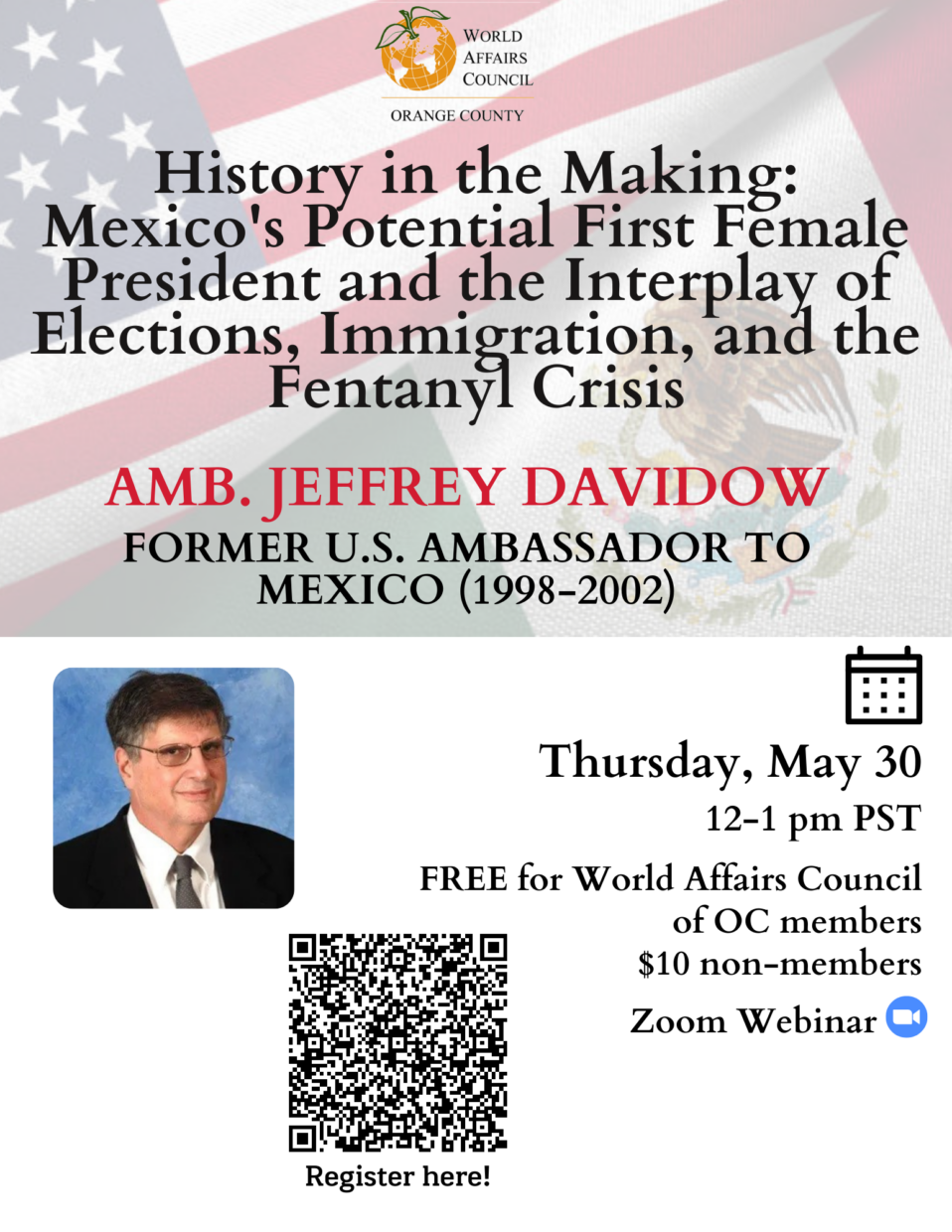The World Affairs Council of Orange County presents:
History in the Making: Mexico’s Potential First Female President and the Interplay of Elections, Immigration, and the Fentanyl Crisis
Ambassador Jeffrey Davidow
former U.S. Ambassador to Mexico (1998-2002)
In 2022, the United States and Mexico celebrated 200 years of diplomatic relations. The bilateral relationship holds immense significance in addressing pressing regional challenges. Collaborative efforts are essential in managing immigration flows and addressing root causes of migration. Furthermore, joint action is critical in combatting the fentanyl crisis, stemming the flow of illicit drugs, and tackling transnational crime syndicates. Additionally, a strong partnership is vital in promoting democratic values and institutions across Latin America, countering the spread of authoritarianism, and fostering stability in the region.
Date & Time:
Thursday, May 30, 2024
12:00 – 1:00 pm
Location:
Zoom Webinar
Tickets:
World Affairs Council of Orange County Members: FREE
Non-members: $10
Thank you to our promotional sponsors:
World Affairs Council of San Antonio
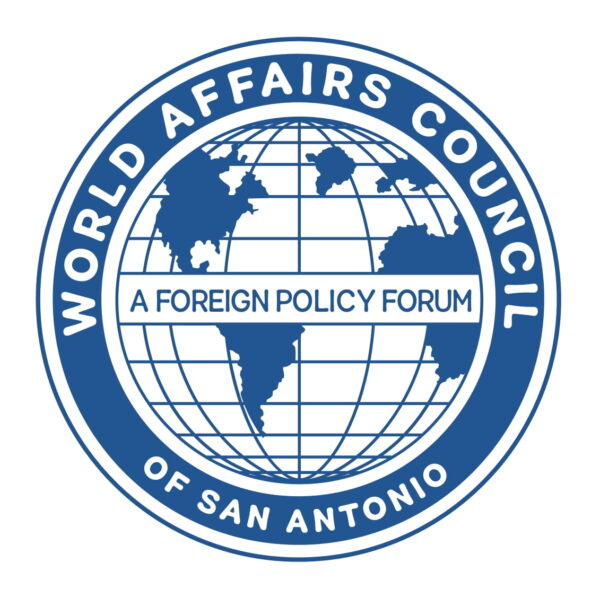
WorldDenver
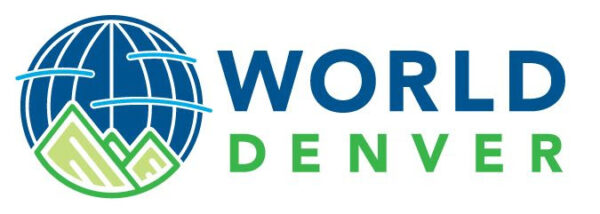
Speaker Bio:
Ambassador Jeffrey Davidow
Jeffrey Davidow served in the U.S. Foreign Service for 34years. His last three postings were as ambassador to Venezuela, chief (Assistant Secretary) of the Bureau of Western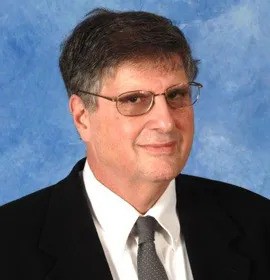 Hemisphere Affairs, and ambassador to Mexico. Appointed by President Clinton to the Mexico Embassy, he was retained in that position by President George W. Bush. In total he served for four years (1998-2002) in Mexico during a period of major political and economic transformation in that country. His book, The Bear and the Porcupine: the United States and Mexico, details the issues and attitudes which both divide and unite the two nations.
Hemisphere Affairs, and ambassador to Mexico. Appointed by President Clinton to the Mexico Embassy, he was retained in that position by President George W. Bush. In total he served for four years (1998-2002) in Mexico during a period of major political and economic transformation in that country. His book, The Bear and the Porcupine: the United States and Mexico, details the issues and attitudes which both divide and unite the two nations.
In addition to Latin America, Ambassador Davidow focused on Africa. He served as political officer in South Africa, opened the U.S. Embassy in newly independent Zimbabwe, and was ambassador to Zambia where he was also the principal liaison to the South African National Congress headquarters in Lusaka in the period leading to Nelson Mandela’s release from prison. His book, A Peace in Southern Africa recounts the negotiations that led to Zimbabwe’s independence. While in Africa and in the State Department’s Africa Bureau in Washington, he was deeply involved in the mediation efforts to end apartheid and resolve civil wars in Rhodesia (Zimbabwe), Angola, Mozambique, and Namibia.
He retired from the State Department in 2003 with the rank of Career Ambassador (by law restricted to five active duty Foreign Service officers).
Ambassador Davidow was President of the Institute of the Americas in San Diego, a leading institution in facilitating cooperation between government, business leaders and civil society representatives in the United States-Canada-Latin America from 2003 to 2011. He now serves as a Senior Counselor for The Cohen Group in Washington D.C., an international business consultancy.
Ambassador Davidow and his wife Joan reside in San Diego.
Moderator Bio:
Dr. Abraham F. Lowenthal
Dr. Abraham F. Lowenthal, the founding director of the Pacific Council on International Policy, the Inter-American Dialogue and the Woodrow Wilson Center’s Latin America Program, is professor emeritus at the University of Southern California.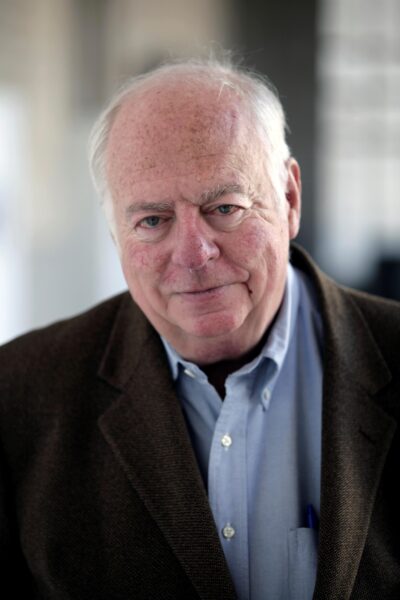
He has written on US foreign policy, Latin American politics, democratic governance, and California’s policy challenges. Among his main publications are The Dominican Intervention (1972), Partners in Conflict: The United States and Latin America (1987 rev.1990), Global California (2009), and Democratic Transitions: Conversations with World Leaders (co-edited with Sergio Bitar in 2015), published in nine languages. He has published thirteen other symposium volumes, including Armies and Politics in Latin America, The Peruvian Experiment, The California-Mexico Connection, Exporting Democracy: The United States and Latin America, and Scholars, Practitioners and International Relations. His many published book chapters and journal articles include eight essays in Foreign Affairs, and he has published more than 200 op-eds in major newspapers throughout the United States and Latin America, as well as Canada, Europe, Africa, and Asia.
Dr. Lowenthal received his AB, MPA, and PhD degrees from Harvard University. He has been a visiting fellow in the United Kingdom, Australia, Israel, Argentina, Brazil, Colombia, and Mexico; and at Harvard, Princeton, UCLA, UC San Diego, the Public Policy Institute of California, and the Wilson Center. He has held Fulbright professorships in Argentina, Brazil (twice), and Japan.
Lowenthal was director of studies and later a vice-president of the Council on Foreign Relations, a Ford Foundation representative in Peru, and directed USC’s Center for International Studies as well as University-wide committees on the divestment issue and on strengthening USC’s faculty resources on Latin America and Asia. For several years he was a non-resident Senior Fellow of the Brookings Institution and an adjunct professor at Brown University’s Watson Institute.
Notre Dame awarded an honorary degree to Lowenthal who has also been decorated by the presidents of Brazil, the Dominican Republic and Peru, He has received the Woodrow Wilson Medal for Public Service and the Olafson Award for advancing Southern California’s international interests, as well as a USC award for the best faculty book published in 1990. In June 2024 he will receive the Kalman Silvert Award for outstanding lifetime contributions from the Latin American Studies Association.
Dr. Lowenthal has served on numerous boards and advisory councils, including the Fulbright Association, the Hubert Humphrey Fellowship Program, and the American Political Science Association’s Executive Council. He is a board member of the Leo Baeck Institute, the advisory boards of the Institute of the Americas, FUSADES (in El Salvador), and the Kellogg Institute, and is a member of the Research Council of the International Forum for Democratic Studies.

